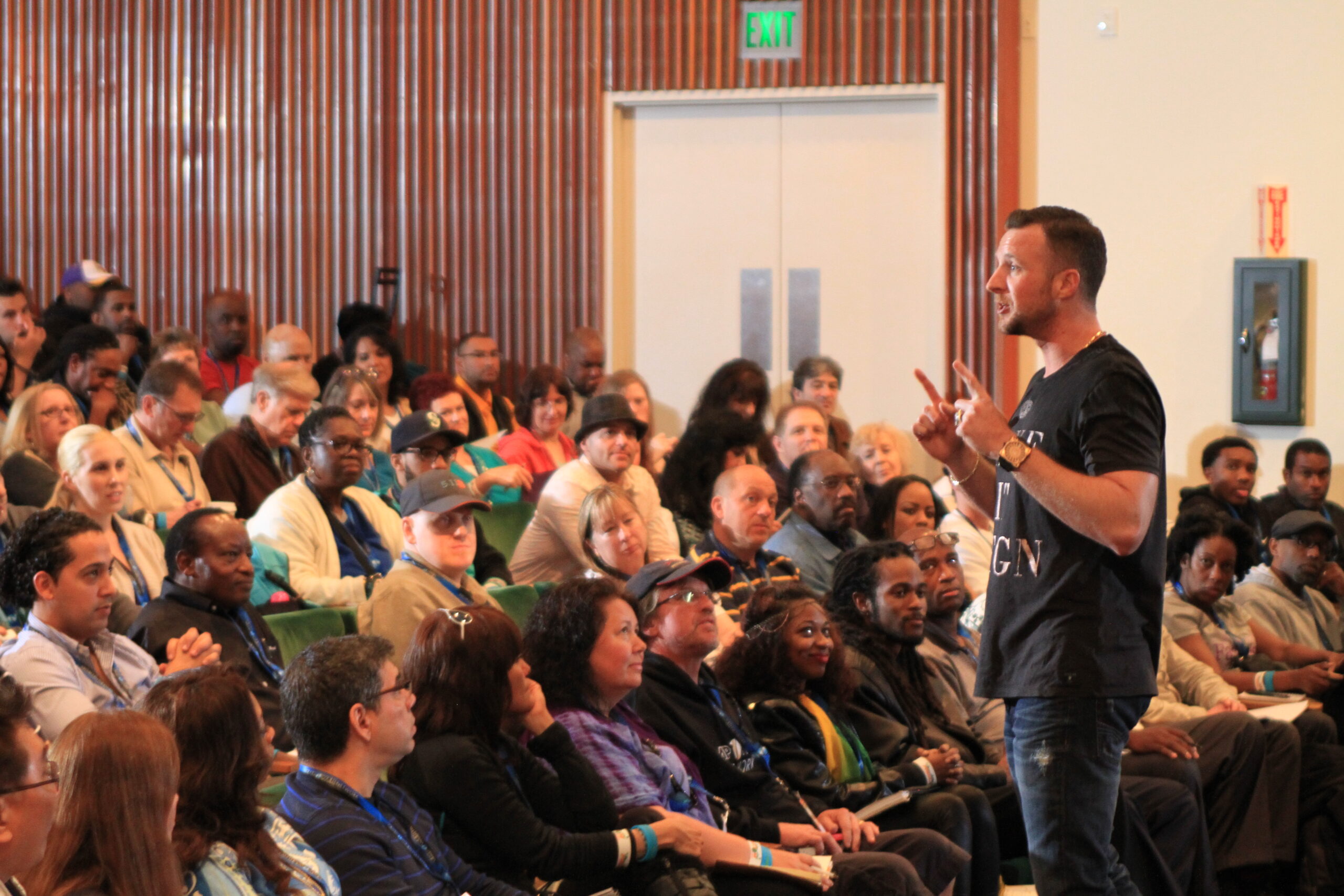Quick Tips to Transition into a More Sustainable Lifestyle & Eco-Friendly Practices Can Benefit You, Your loved ones, and Planet Earth.
So, what is Sustainable Living?
Sustainable living is a lifestyle that reduces the impact of human activities on the environment. It is about living in a way that doesn’t harm the environment or future generations. It can be challenging to adopt sustainable living practices but it is worth it because they are not just good for us, they are good for our planet too.
“The first thing you need to do is to stop buying sht! The second thing you need to do is to start using and repearing things.”
– Dave Bruno
A sustainable lifestyle is not about living without material goods, but rather about consuming less and having a more minimalistic lifestyle. We’ve been programmed to change our old stuff and get a new one, If something is broken just buy another one because it’s good for the economy. Buy stuff because you become more ‘valuable’, respected, and worth more if you own a particular thing.
Let me tell You something: It’s a BS and a LIE! Having stuff will not determine Your worth or value! If you care for others, respect, help, and lift up the ones in need, You are already a wonderful and valuable person, exactly what this world needs. We don’t need more of those who fill their homes and environment with goods that are produced in a way that is toxic, harmful to the environment, maybe they don’t even use it but it looks good in the eyes of their neighbors or likeminded ‘buddies’. If You look around in the world, You can see where this mentality has led us.
It’s about living in a way that doesn’t harm nature, our mental health, and other living beings, it’s about having what we need, not more, not less while we are still being part of Mother Nature/PachaMama.
There are many practices that can help us live more sustainably:
- Be mindful of your consumption.
- Avoid over-consumption by reducing the number of items you buy, and buying with intention.
- Buy used products instead of new products to avoid the excessive production of new goods, and to save money in the long run.
- Use reusable containers for food storage instead of plastic or paper bags or boxes that are designed for single use only.
- Choose sustainable materials like bamboo, wool, hemp, cotton, silk and canvas products over synthetic fibers like nylon and polyester that are made from non-renewable sources like petroleum or coal tar derivatives that release greenhouse gases into the atmosphere when they are created or disposed of improperly (i.e., plastics).
- Reduce your meat consumption and adopt a plant-based diet.
There are many more such as recycling, carpooling, composting, and reducing food waste but these are only a guide to help You to start, to give you a basic understanding of some of the basic principles. However, not all of these practices will work for everyone or every situation but with a little creativity if You do Your best, You are already doing something! 😉
You can check out our wellbeing page on the Pinkwhale Club website for dietary advice. If You want to support our environmental actions, have look and feel free to join us. Currently, we have two exciting projects going on where we look for supporters, advisers, and enthusiasts!
If You like this idea We are looking forward to have You in our community!
Namaste


